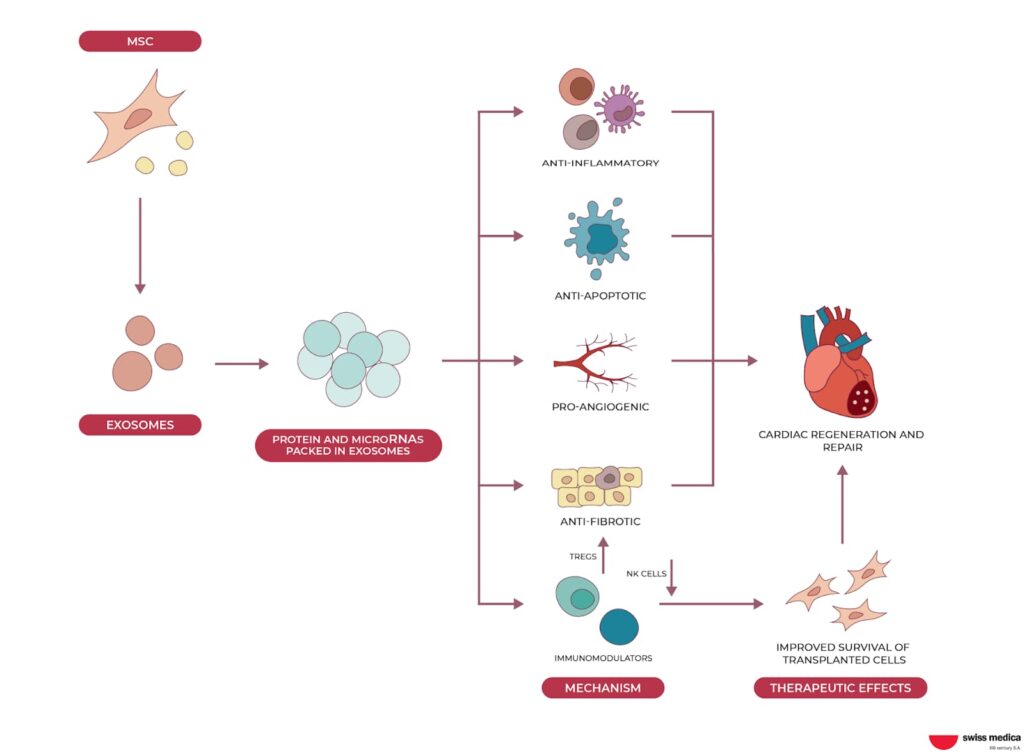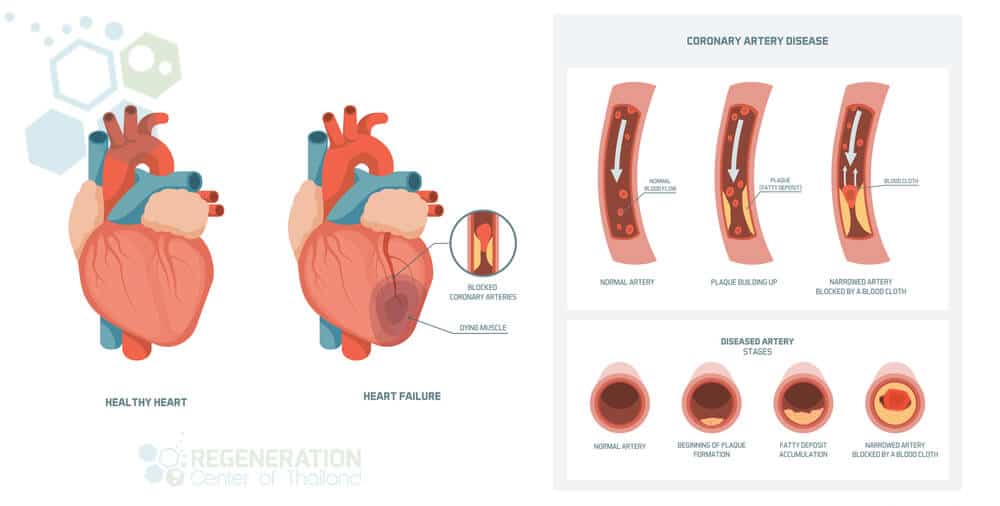Table of Contents
One is by transforming right into brand-new heart cells that replace broken ones. This entails launching different aspects that promote tissue repair and regrowth without in fact coming to be new cells.
The heartespecially after injuryisn't a welcoming place. It's hard for new cells to hold and even harder for the body to accept them. Even if the cells survive, they still need to get in touch with the heart's electric system. Without the needed electric coupling, the cells can't sync with the heart's all-natural rhythm.
Researchers are running scientific tests to figure out what type of stem cells function best, how to supply them safely, and how to minimize the overall dangers involved. They are additionally working with services like utilizing bioengineered supportive scaffolds or genetics modifying to improve performance. Development is being made on several fronts, and each study obtains us a little closer to making stem cell therapy a routine part of heart care.
There's likewise very early proof that this therapy may reduce the threat of heart failure after a cardiovascular disease. Stem cell treatment isn't a cure allnot yetbut it's aiming us in the ideal direction. As research proceeds we might soon see a future where the heart can do what as soon as appeared impossible: heal itself.

Although there are still challenges, like cell survival and correct assimilation, progress is appealing. Future methods and technologies like bioengineering and genetics modifying might open the complete potential of stem cell treatments, using wish for individuals handling heart conditions. With heart stem cells, there's an opportunity for your heart to heal itself, leading to much better results and a much healthier future.
Where to get stem cell therapy focused on Peripheral Artery Disease
There is no treatment method that directly strengthens the heart muscle aside from stem cell therapy. Improvements at various degrees were gauged in 87% of clients receiving stem cell treatment for heart failing and heart disease. Stem cells have the ability to deal with ill capillaries when they touch the sick capillary wall surface and they're also utilized to treat heart failure by developing into heart muscle mass cells if there is weak point in the heart muscular tissues.
Treatment is brought out using endothelial, mesenchymal stem cells (derived from the patient's very own adipose cells or bone marrow) or fetal stem cells. Stem cells are administered intravenously to the individual.
Atherosclerosis, i.e. vessel tightness, is the major root cause of total quiting of blood flow or minimized blood flow. Numerous elements such as high cholesterol, hypertension, smoking cigarettes lead to development of plaques in the vessel wall gradually and loss of elasticity of the vessel. These plaques expand over time, narrowing the capillary and can avoid appropriate amount of blood from going into the vessel (persistent).
Heart disease therapies depend on the kind and seriousness of the desease. Acute disorders such as heart attacks need prompt clinical interventions to reduce heart damages.
There is no treatment technique that directly strengthens the heart muscle various other than stem cell treatment. Stem cells have the ability to deal with unwell blood vessels when they touch the sick blood vessel wall surface. They're also made use of to deal with heart failure by becoming heart muscle cells if there is weak point in the heart muscular tissues.
Innovative approach to Heart Failure that uses stem cells
They accelerate the treatment of heart muscle mass inflammation and swelling. Endothelial stem cells (dealing with capillaries) are utilized for vessel walls. These stem cells are primarily obtained from bone marrow. Mesenchymal or fetal stem cells are utilized together to deal with other variables impacting the disease. This way, the heart muscle, the basic autoimmune system and various other factors are treated.

The number of cells to be administered is determined according to the age and weight of the client. Treatment is executed utilizing endothelial, mesenchymal stem cells (originated from the person's own adipose cells or bone marrow) or fetal stem cells. The choice is made according to the individual's problem.
It raises within a couple of hours after heart is damaged and stays in such degrees for up to 2 weeks. CK-MB - a special form of Creatine Kinase enzyme, which is mainly discovered in heart muscular tissue.
Navigation
Latest Posts
How to access stem cell therapy targeting Arrhythmias
Is stem cell therapy right for Atherosclerosis with regenerative medicine?
Regenerative injections targeting Heart Disease — what to expect